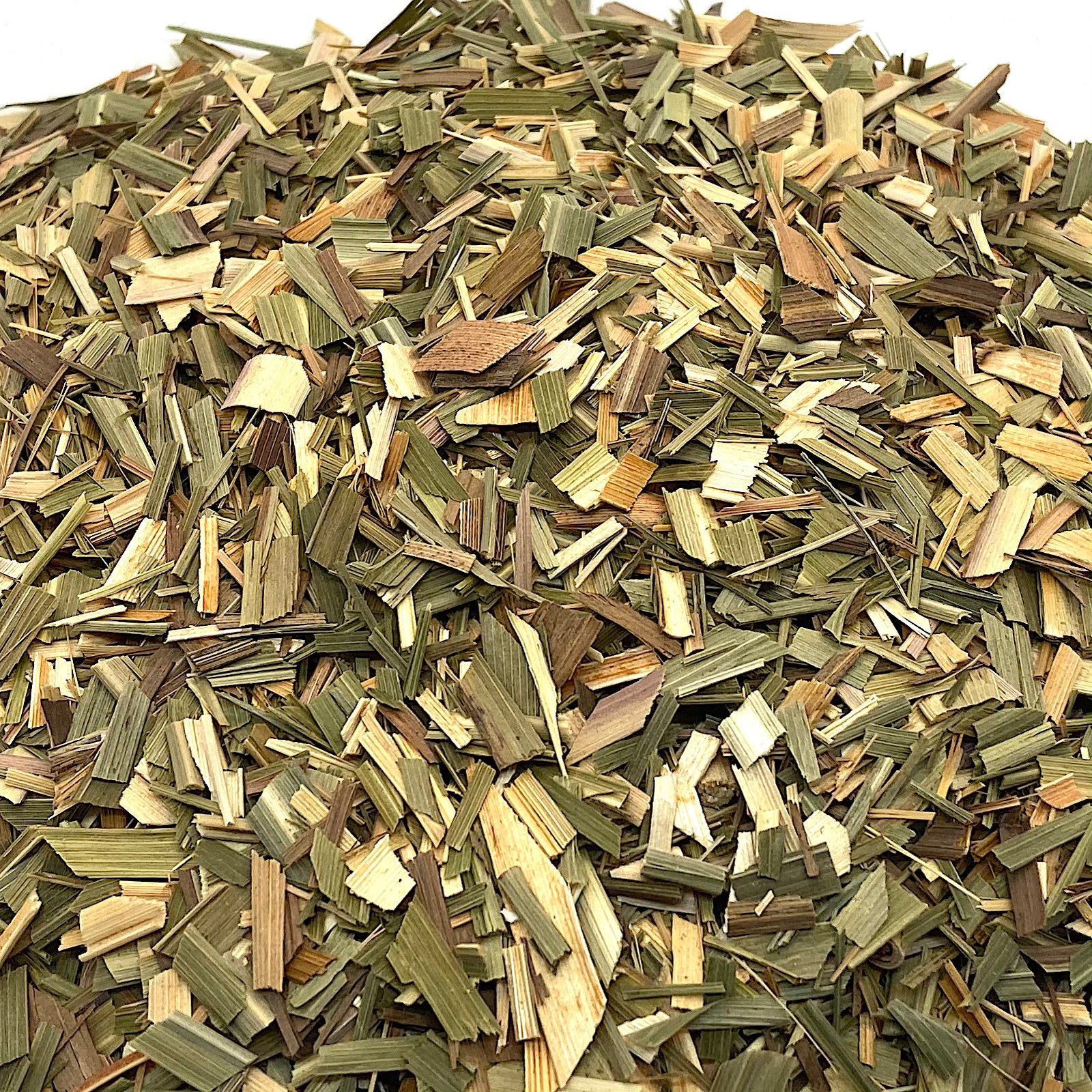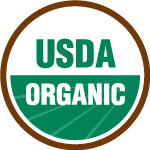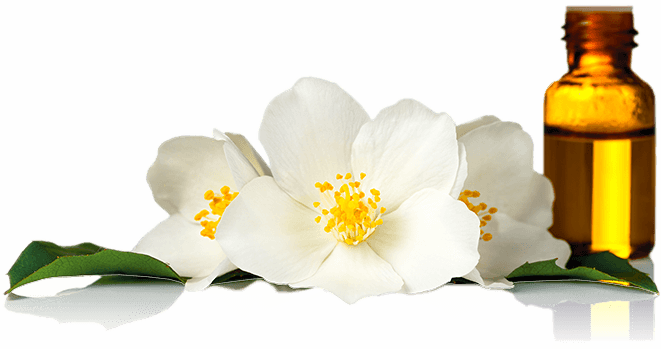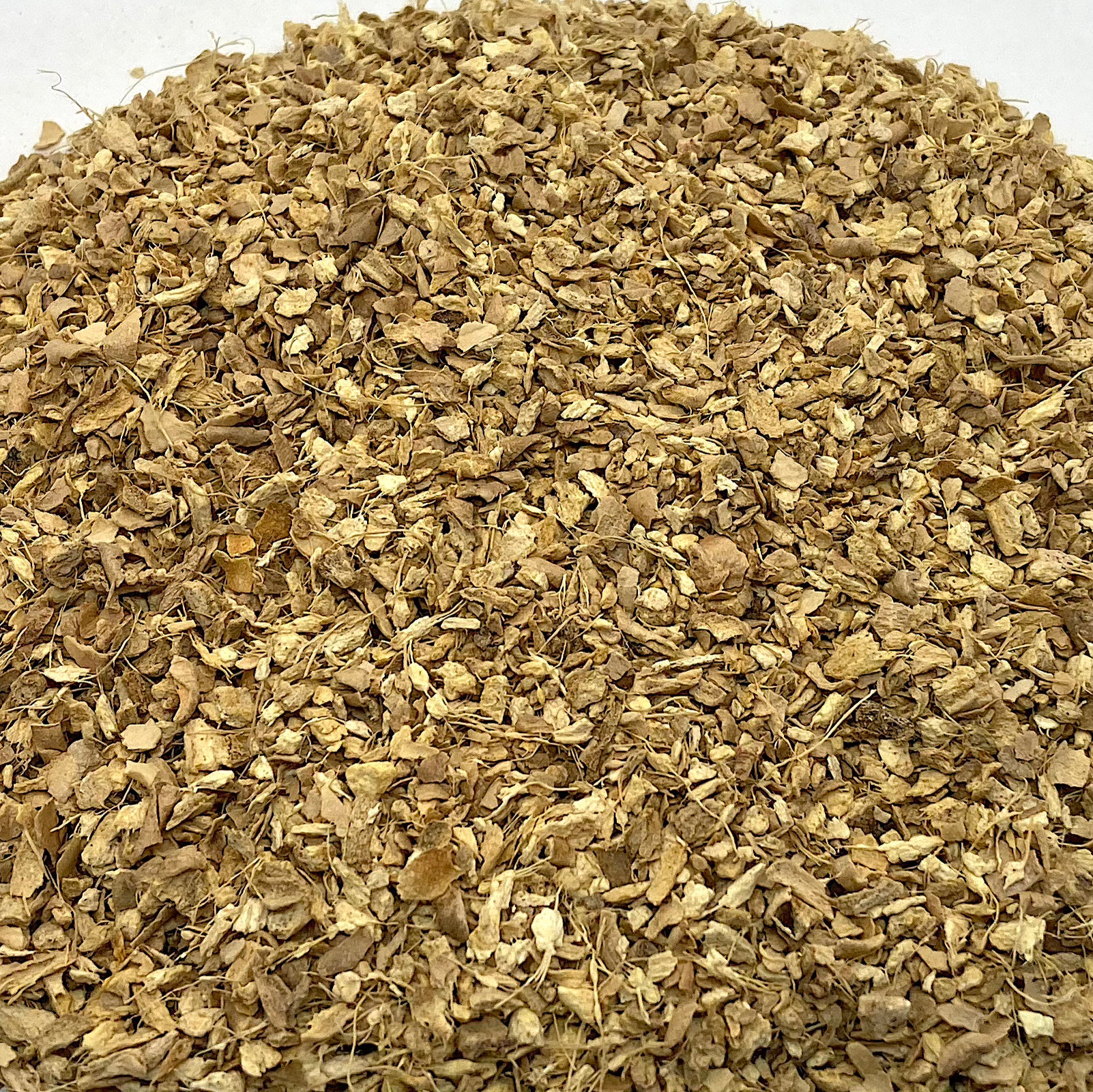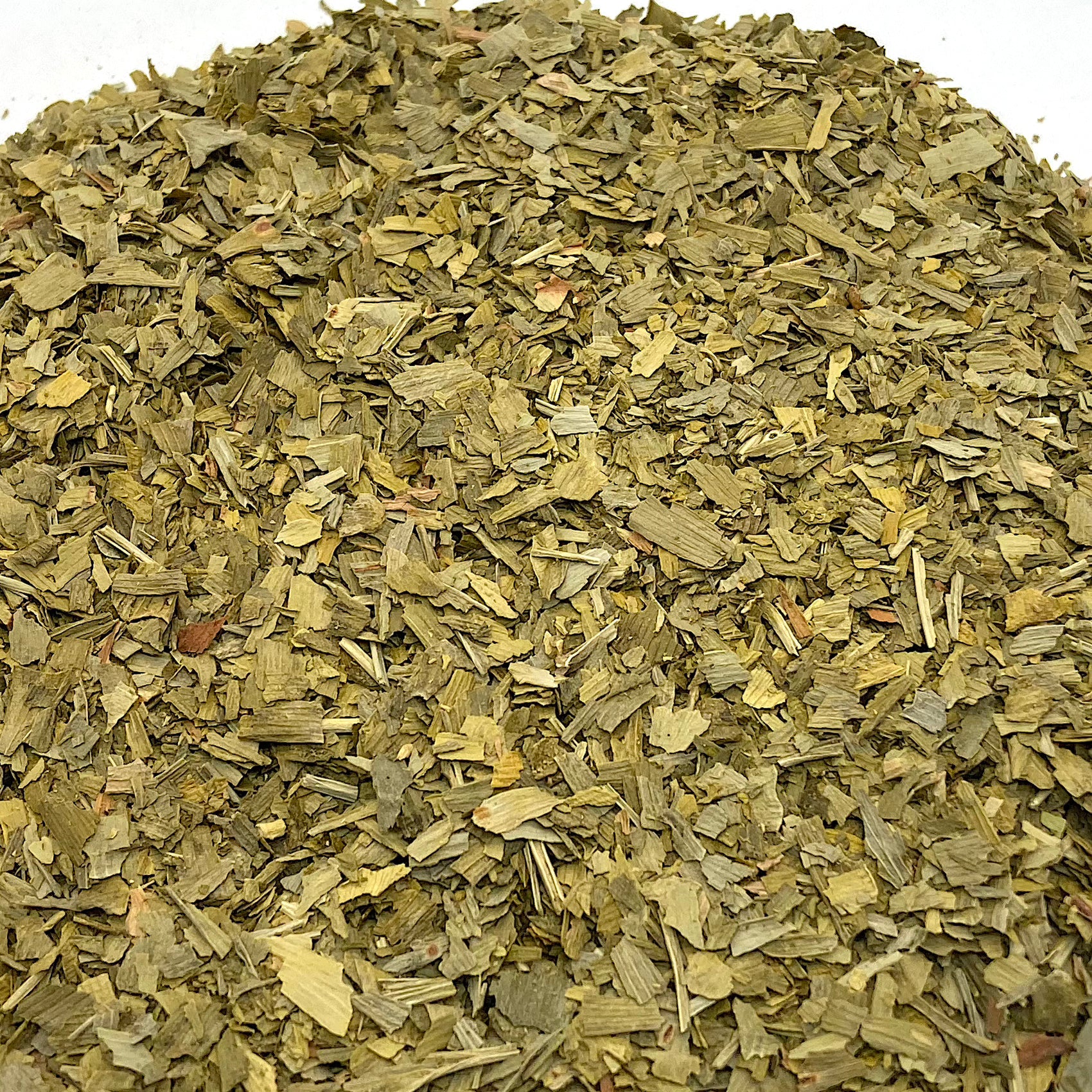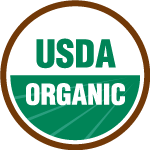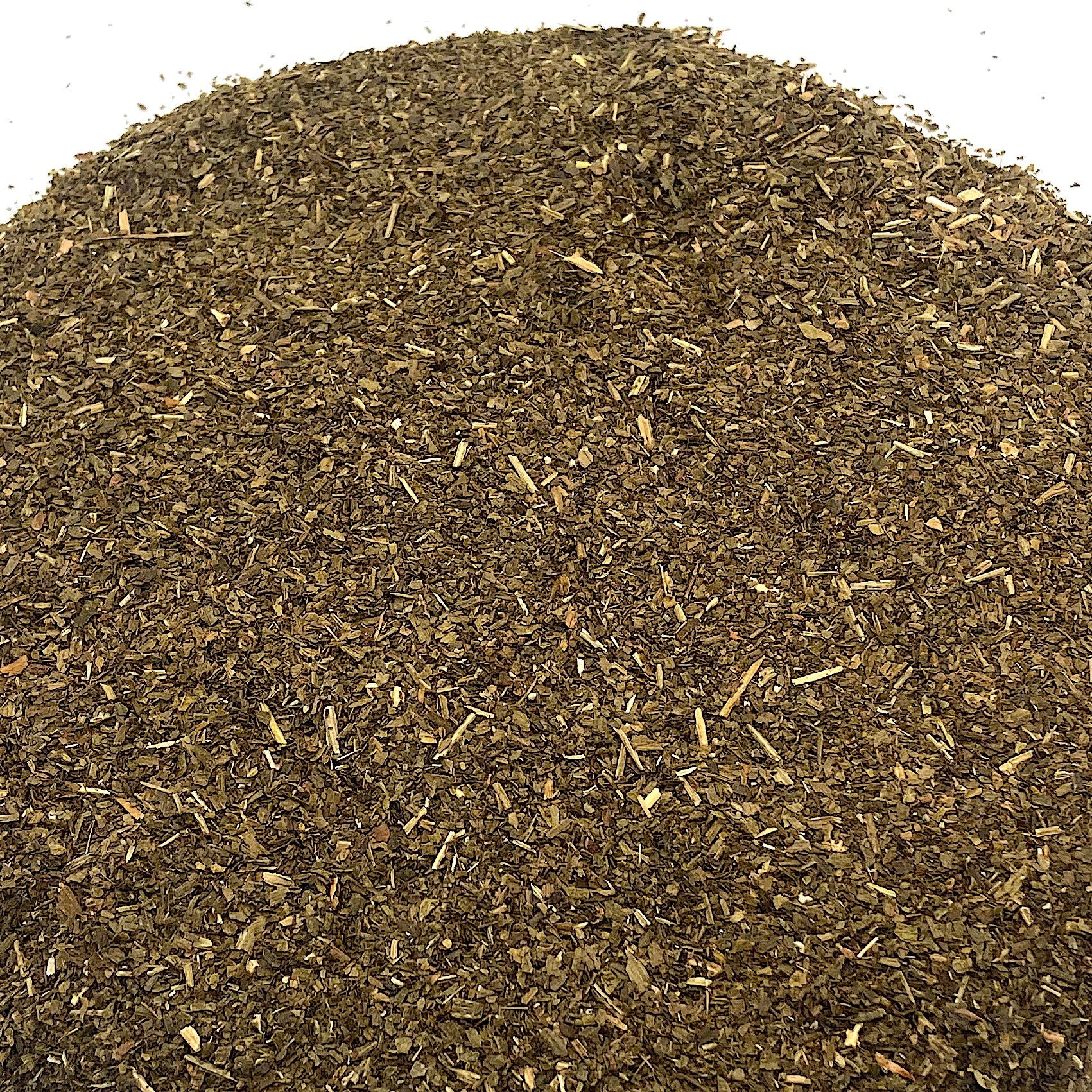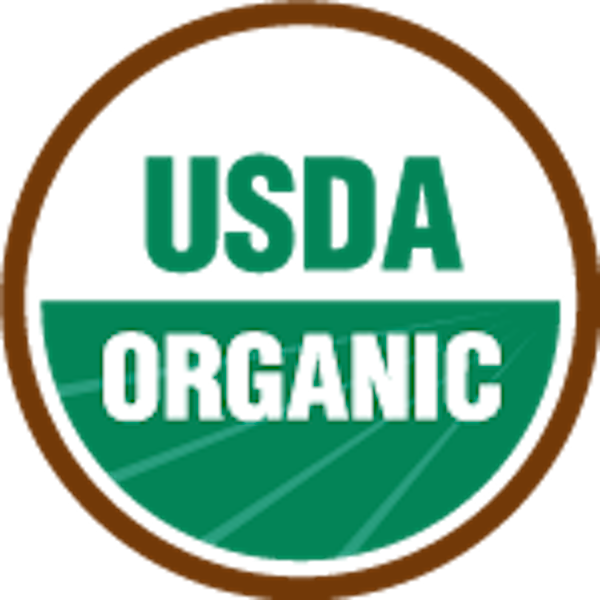Description
HONDURAS. Lemongrass (Cymbopogon citratus) Cut and Sifted, Certified Organic
Common names: Oil Grass, Tanglad, Sereh, Achara, Xiang Mao, Capim-cidrao, Hari-chaha, Bhutrin, Citronella Grass, Fever Tea, Hierba Luisa, Hierba de Limón, Indian Melissa, Indian Verbena, Silky Heads, Sa Chanh, Agan Ghas, Gandhatrina, Bai Mak Nao, Balin, Bhutika, Geranium Grass, Hirvacha, Feng Mao, Capim Santo, Khavi, Lilicha, Penquin, Sabalin, Serai, Tejsar, Vlaska, Zabalin
Family: Poaceae
Lemongrass is a perennial clumping grass, growing 3-5 feet tall. It’s native to India and cultivated commercially on the Indian subcontinent, in Guatemala, China, Paraguay, and grown elsewhere in warm humid regions of South Asia, the Philippines, Africa, and Central and South America. Large quantities are also wild harvested.
We’ve come to know Lemongrass as a delicious ingredient in Thai and Vietnamese cuisine. Citrusy but not sour, with a slight smoky note, Lemongrass oils and extracts are produced in abundance for adding its unique, soothing scent and antiseptic properties to soaps and cosmetics, and for flavoring foods and beverages. Lemongrass is closely related to Citronella and its essential oil shares Citronella’s renowned insect repellent properties.
Lemongrass is a distinctly cooling herb, rich in antioxidants and well-known for its antimicrobial and anti-fungal activity. It has been used to stimulate metabolism, improve circulation, reduce fever, help regulate blood lipids and cholesterol, promote digestion and urine flow, and protect the liver. In traditional medicine it is considered analgesic, antispasmodic, tranquilizing, mildly sedative, and sudorific (induces sweating).
Much of the Lemongrass crop goes toward essential oil production, and Lemongrass essential oil, containing citral, myrcene, citronellol, geraniol, and other terpenoids, can be safely ingested, unlike many others. Aqueous extracts—teas—are used in tropical folk medicine around the world for all the applications discussed here, and are abundant sources of polyphenols, polysaccharides, flavonoids, and other components with anti-inflammatory properties.
*These statements have not been evaluated by the FDA. These products are not intended to diagnose, treat, cure or prevent any disease.

